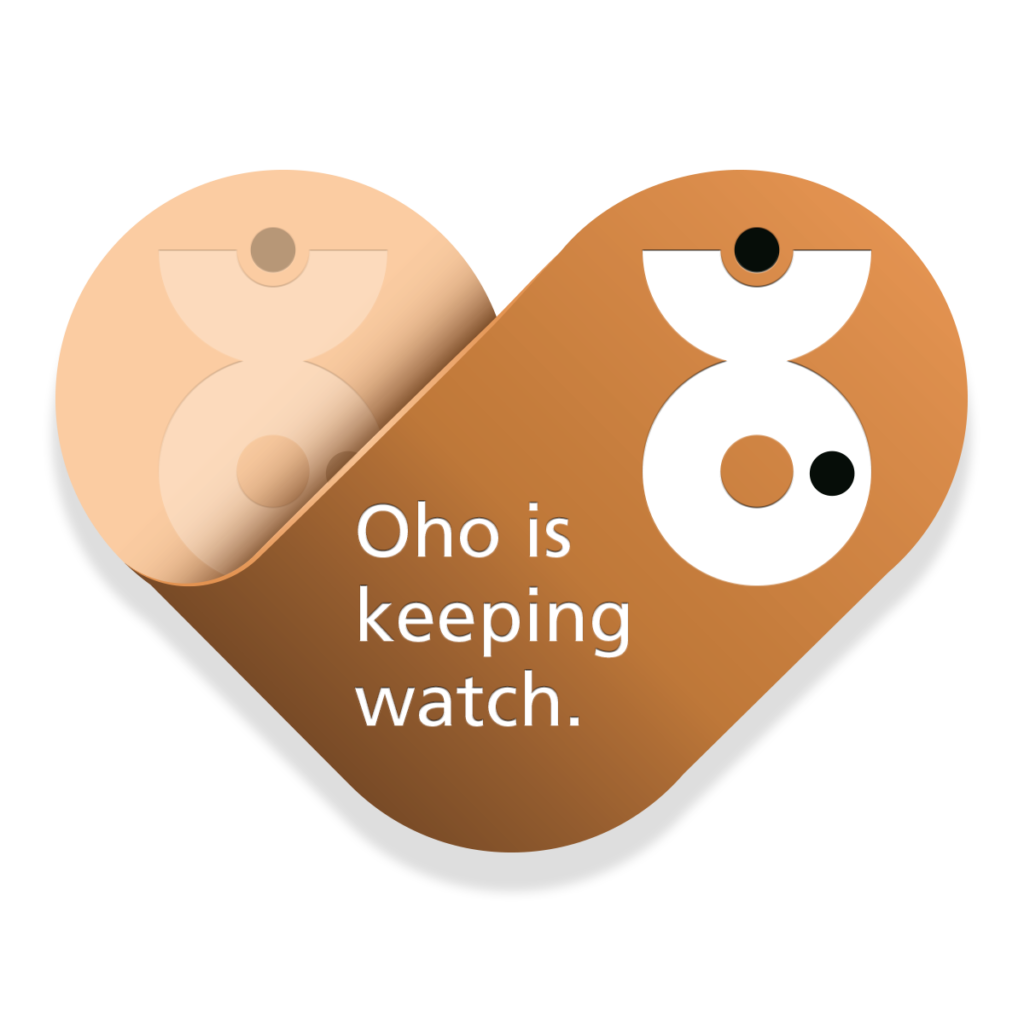These helplines will answer any questions you may have and tell you what will happen next. Helpline staff will not tell anyone who reported the abuse and you do not have to provide your name.
You do not need to be sure that a child is being abused in order to call a helpline. It is enough to suspect that they may be at risk of harm. It is always better to be over-cautious when it comes to the safety of our most vulnerable.
Report Abuse
If you believe that a child is in immediate danger, please call the police now on 000.
For any other concern about a child’s welfare, please call the relevant child protection helpline in your state:

